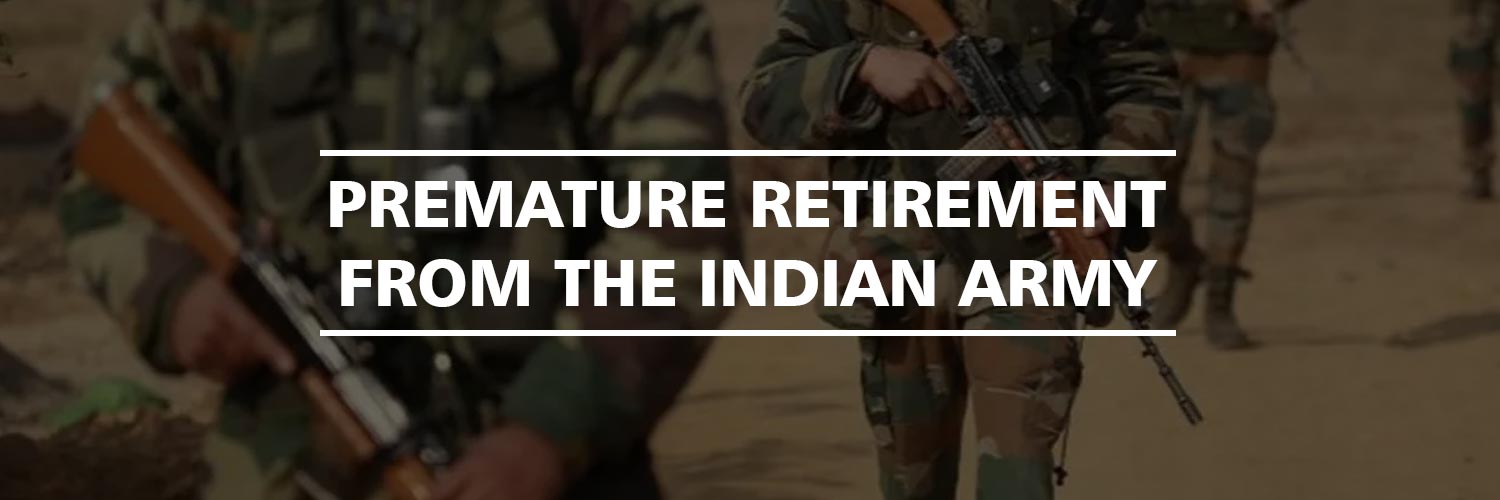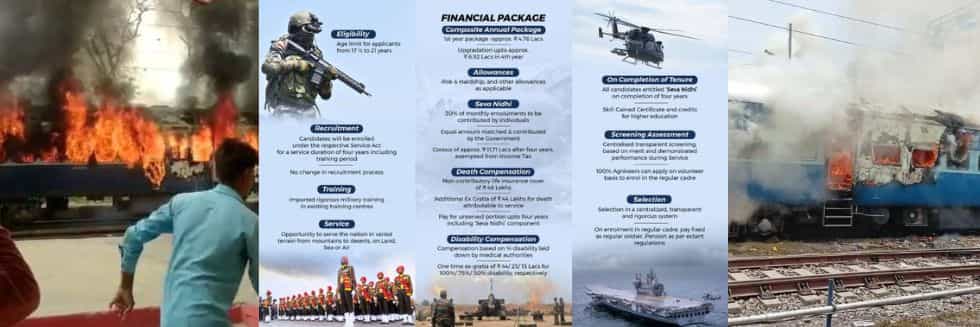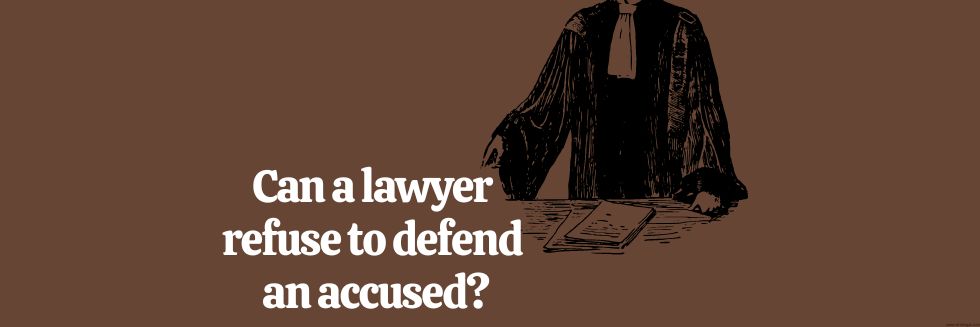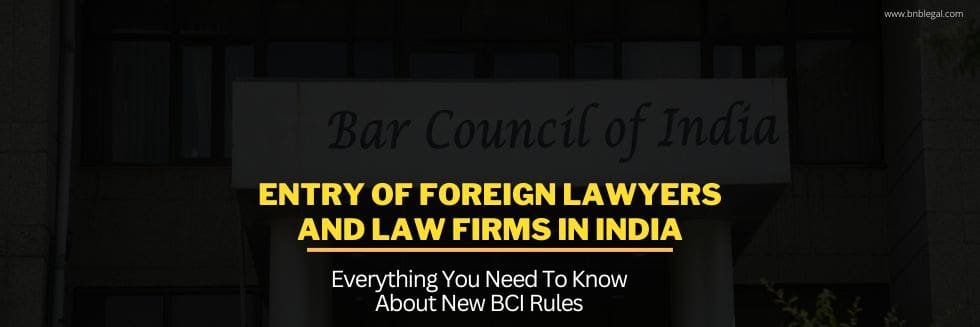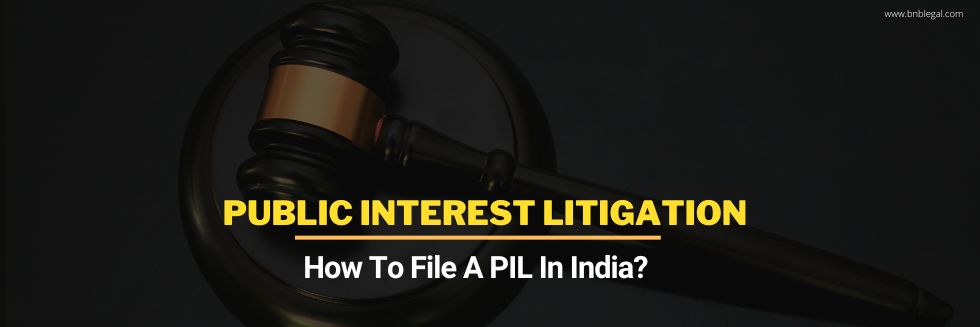Overview:
In Jan 2018, Defence Minister Nirmala Sitharaman stated that around 48,500 armed forces personnel had been granted premature retirement from 2014 to 2017. “The Central Armed Police Force personnel proceed on voluntary retirement and resignation mainly due to personal and domestic reasons, including children and family issues, health or illness of self or family members, social or family obligations and commitments, among others. Some personnel sought voluntary retirement to enjoy a static life as well as pensionary benefits after completing 20 years of service,” Minister of State for Home Kiren Rijiju said in mid 2018.
Premature Retirement from Defence Services under the Law
Section 16B, The Army Rules, 1954- “1. The retirement of an officer at his request.— The retirement of an officer at his request before he becomes liable to retirement under rule 16A shall require the sanction of the Central Government.
- An officer whose request to retire is granted may, before he is retired, apply to the Central Government for withdrawal of his request. The Central Government may, at its discretion, grant such withdrawal of his application.”
Major Issues
The law maintains that the service jurisprudence applicable to the civil services cannot be ipso facto extended and applied to defence services because defence services are a class by themselves, and therein considerations of secrecy, and of safety, security and sovereignty of the country have vital role to play enabling personal interest to be sacrificed for or giving way to the larger interests of the nation. It cannot be forgotten that the persons serving the army are citizens of the country and the authorities in the army are subject to the constitution.[1]
In the case of Major S.K. Jain vs Union Of India & Ors.,[2] the petitioner was enrolled in the army SEP. Clerk(GD) in Bengal Engineering Group and he had to face the series of changed circumstances on the domestic front after the grant of PRC in the Army, wherein his old age mother (father having expired earlier) of about 70 years being who needs continuous supervision as she is suffering from old age diseases. Further, the petitioner has decided to adopt Jainism on a permanent basis which demands orthodox compliance with religious rituals, which is not feasible while being in uniform. Accordingly, the petitioner applied for premature retirement from Army service. The Delhi High Court stated that:
“It has been decided that, in future, requests for premature retirement/resignation from defence Service officers will continue to consider on individual merits on the recommendation of Chief of Staff concerned who will keep in view the manpower situation and the operational requirements of the services. The grounds on which applications should normally be recommended to the Government for consideration will be as under:-
EXTREME COMPASSIONATE GROUNDS:
Request on extreme compassionate grounds will be considered after the facts represented by the officer are verified to the extent possible, by the service headquarters. Such verification is necessary to ensure that the grounds are genuine. Domestic problems such as need to look after ailing parents, inheritance problems, need to look after family business, serious illness of wife requiring officer’s presence at home, possibility of breakup of conjugal life if the officer continues in service etc. would be treated as compassionate grounds depending on the circumstances of each case.”
The Hon’ble High Court further stated that, “The para relating to ‘extreme compassionate grounds’ in this policy guidelines stipulates that: (i) request on extreme compassionate grounds are to be considered if the facts represented by the officer are verified to the extent possible by the service Hqrs; (ii) such verification is necessary to ensure that the grounds are genuine; (iii) domestic problems such as need to look after ailing parents, inheritance problems, need to look after the family business, serious illness of wife requires officer’s presence at home, possibility of break up of life if the officer continuance in service etc. are treated as compassionate grounds depending on circumstances of each case.”
In Sqn. Ldr. Shkul Tyagi v. UOI & others[3], the applicant, was selected as a pilot officer in the Indian Air Force after successful training and was commissioned in the year 1993. During the eight years of service, the applicant had six postings at various places which led to serious matrimonial discord the Because of long separation, the applicant’s wife served a legal notice for dissolution of marriage on account of the cruelty caused to her for non-cooperation of the applicant.
“Extreme Compassionate Grounds Requests on extreme compassionate grounds would be considered after the facts represented by the officer are verified, to the extent possible by the Service Headquarters. Such verification is necessary to ensure that the grounds are genuine. Domestic problems such as need to look after ailing parents, inheritance problem, need to look after family business, serious illness of wife requiring officer’s presence at home, possibility of break-up of conjugal life if the officer continues in service etc., would be treated as compassionate grounds depending on the circumstances of each case.”
References
[1] 2000 (4) ARBLR 737 Delhi.
[2] Id.
[3] 126 (2006) DLT 621.
